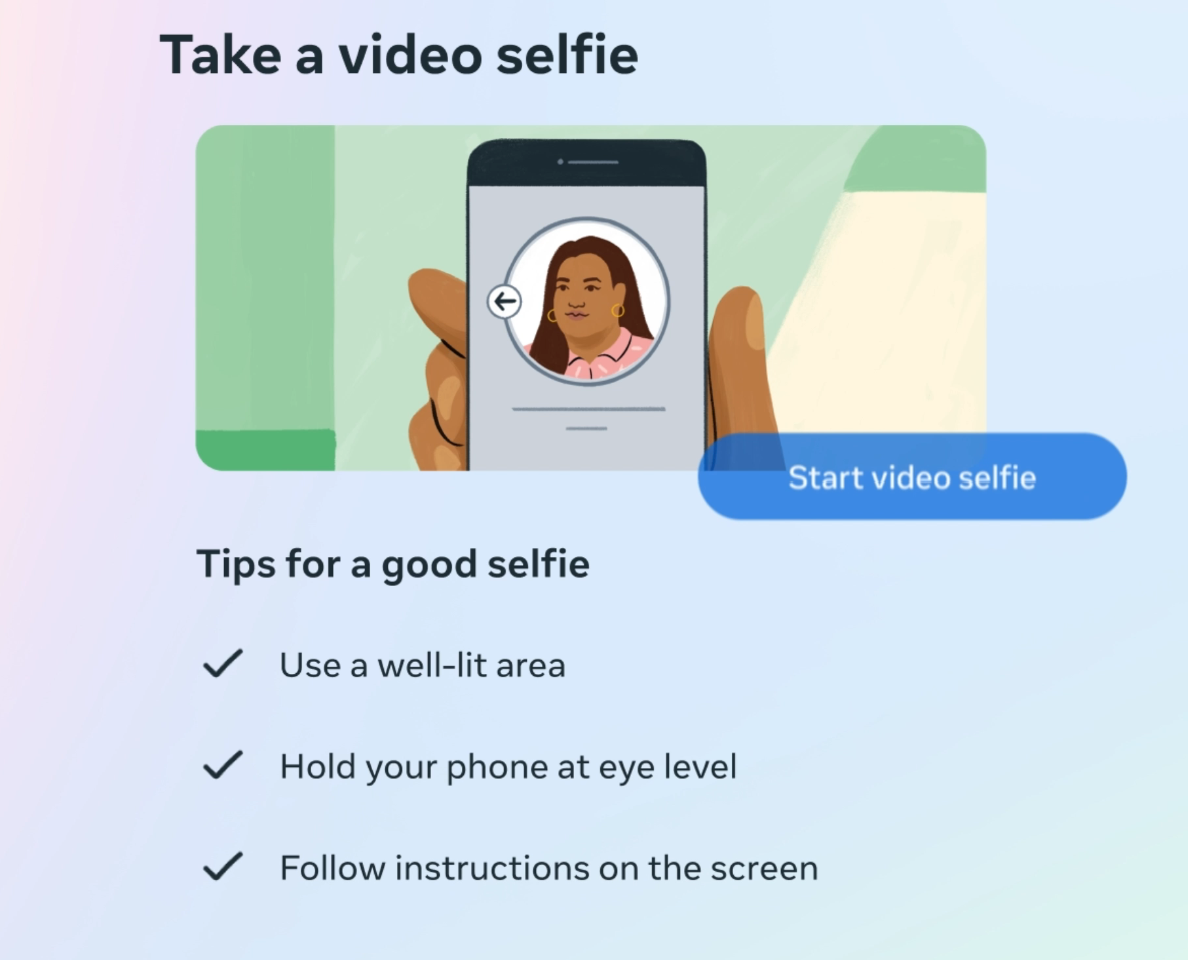Meta Combats Scams and Account Takeovers with Facial Recognition

Meta announced new measures to combat scams and improve account security on its platforms, Facebook and Instagram. In a recent post, Meta detailed how it’s leveraging facial recognition technology to tackle “celeb-bait” scams and streamline account recovery for users.
Scammers frequently employ “celeb-bait” tactics, using images of public figures to lure users into clicking on malicious ads that lead to phishing sites or financial fraud. Meta is now testing a system that uses facial recognition to identify unauthorized use of public figures’ images in ads.
“If our systems suspect that an ad may be a scam that contains the image of a public figure at risk for celeb-bait, we will try to use facial recognition technology to compare faces in the ad to the public figure’s Facebook and Instagram profile pictures. If we confirm a match and determine the ad is a scam, we’ll block it.”
This new approach aims to enhance the speed and accuracy of detecting and removing these deceptive ads, protecting users from falling victim to scams.
Meta is also testing video selfies as a new method for users to verify their identity and regain access to compromised accounts. This process leverages facial recognition to compare the selfie to the user’s profile pictures.
“Video selfie verification expands on the options for people to regain account access, only takes a minute to complete and is the easiest way for people to verify their identity.”
This method is expected to be more secure and harder for hackers to abuse compared to traditional document-based verification.
Meta emphasizes its commitment to privacy, stating that any facial data generated during these processes is immediately deleted after use and is not stored or used for any other purpose. The company also highlights that users enrolled in the celeb-bait protection program can opt-out at any time.
Meta acknowledges the constantly evolving nature of online scams and remains dedicated to staying ahead of malicious actors. The company plans to continue investing in and testing new security measures, including exploring the use of facial recognition to detect imposter accounts.





